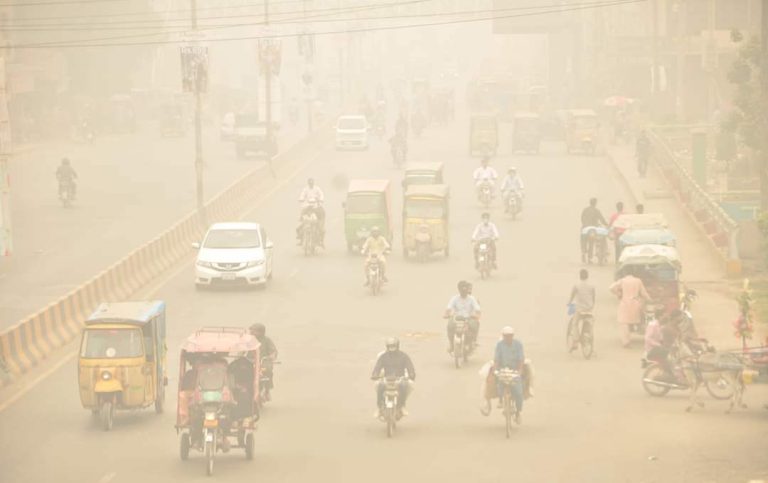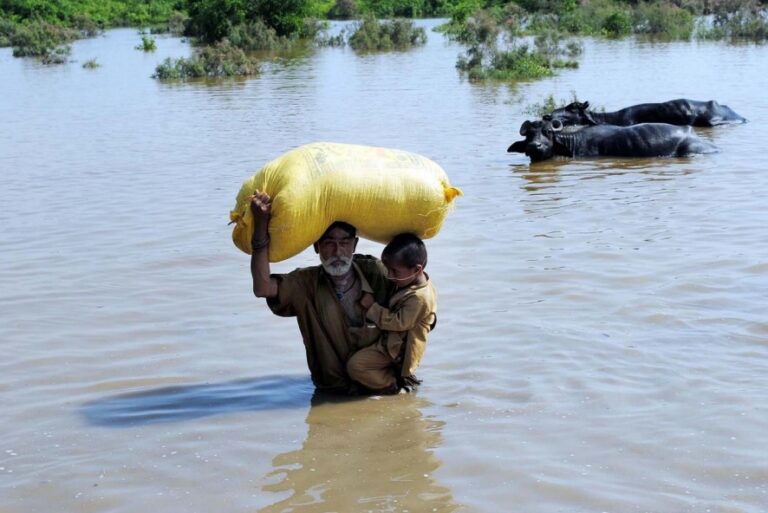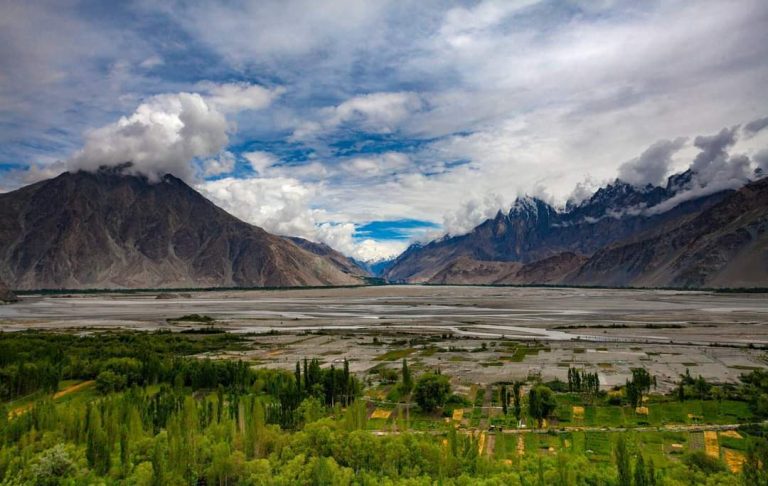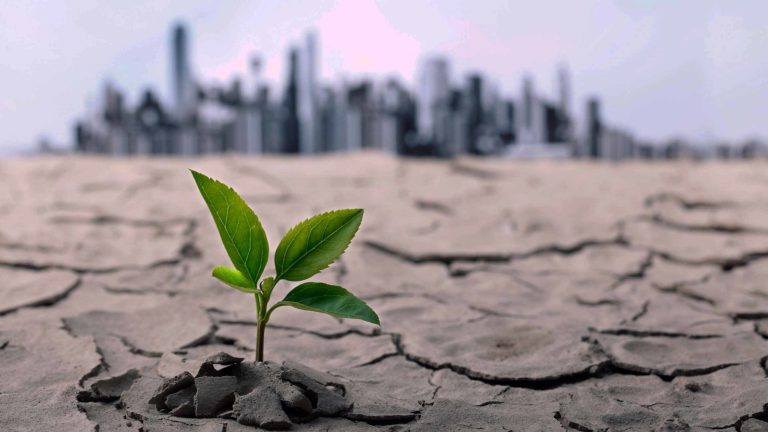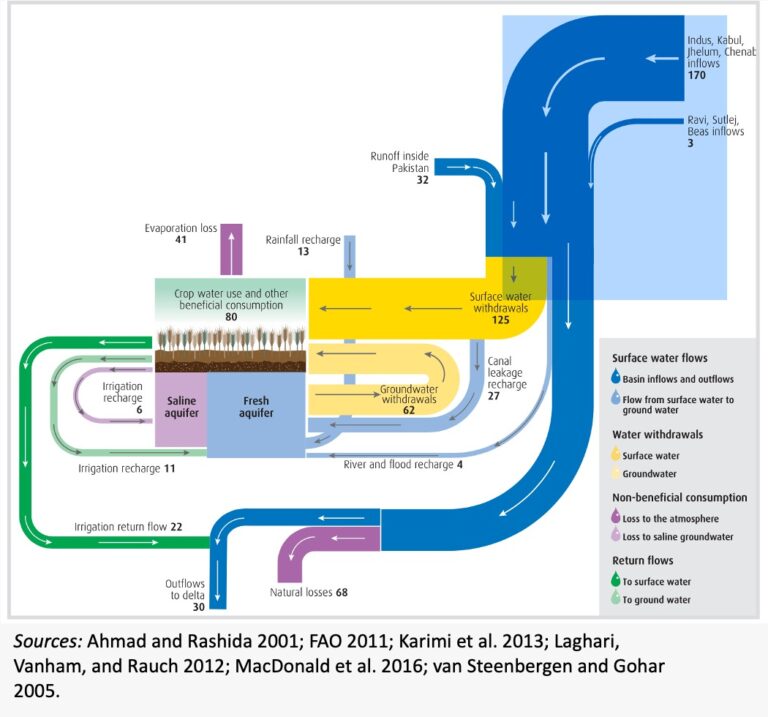JICA Hands Over Water Treatment Plant to WASA Faisalabad — A Major Step Toward Climate-Resilient Urban Infrastructure
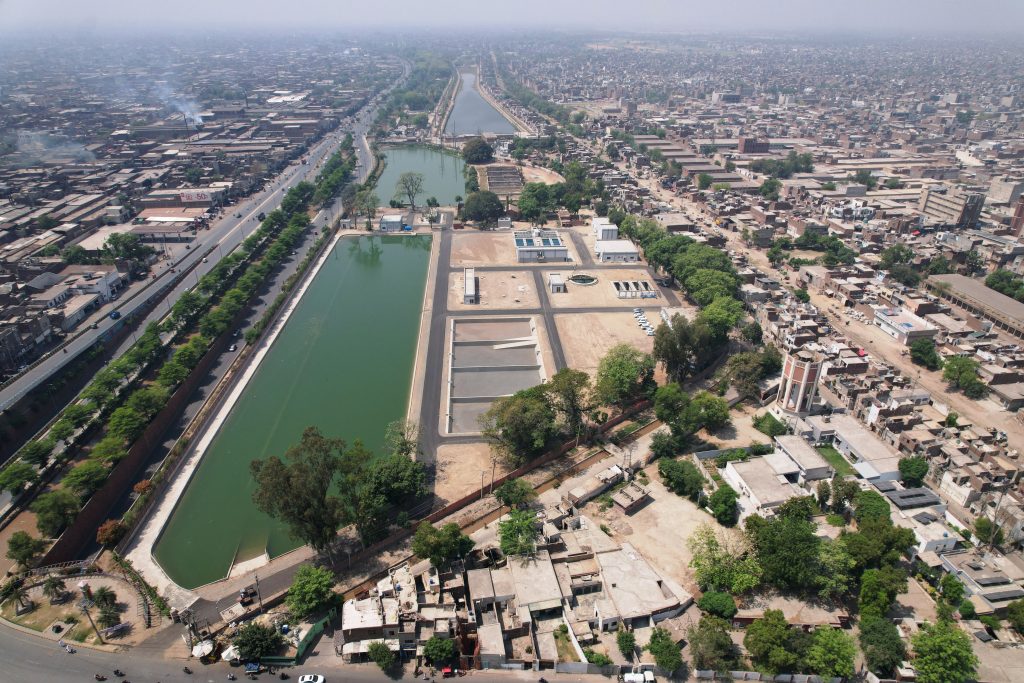
In a significant move to enhance climate-resilient urban water infrastructure in Pakistan, the Japan International Cooperation Agency (JICA) has formally handed over the newly rehabilitated Jhal Khanuana Water Treatment Plant to the Water and Sanitation Agency (WASA) Faisalabad. The project, funded through a generous ¥4.094 billion (PKR 6.636 billion) Japanese grant, also received PKR 1.23 billion in support from the Government of Punjab, bringing the total cost to PKR 7.866 billion.
The upgraded facility, which can treat up to 5 million gallons of water daily, is expected to transform water access for over 200,000 residents in the densely populated areas of Abdullahpur, Madina Town, and Jaranwala Road. Alongside the main plant, the project includes the construction of 31 kilometers of distribution systems, 4.1 kilometers of transmission and distribution pipelines, two ground-level reservoirs, and two overhead reservoirs to ensure reliable and equitable water supply.
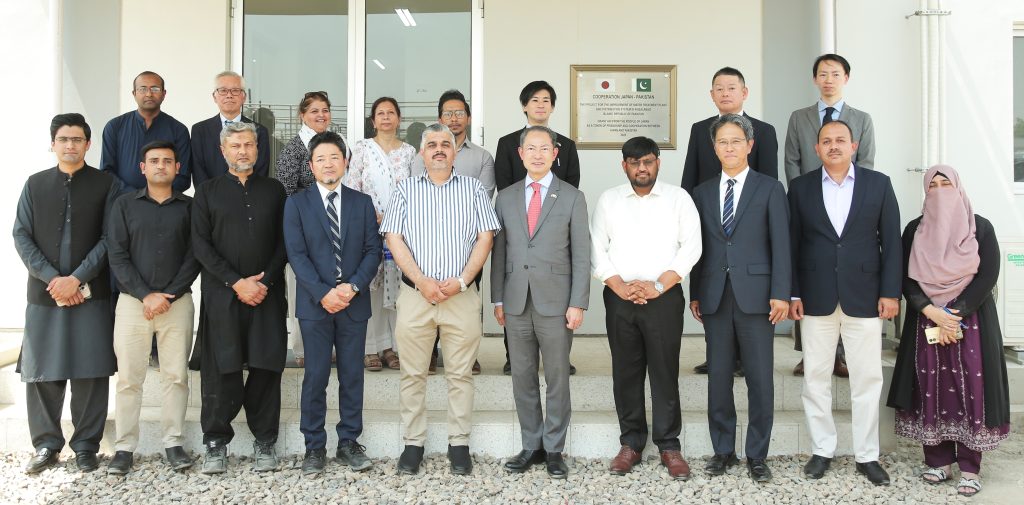
Japan Commits to Sustainable Water Solutions in Pakistan
Speaking at the handover ceremony, Japanese Ambassador to Pakistan H.E. Mr. Akamatsu Shuichi highlighted Japan’s longstanding commitment to sustainable development in Pakistan, particularly in the face of escalating climate vulnerabilities. “This project directly aligns with Sustainable Development Goal 6 (Clean Water and Sanitation) and serves as a model for international cooperation on climate adaptation,” he said.
He further noted that JICA had been providing technical cooperation to Faisalabad from 2016 to 2019, culminating in the formulation of a Water, Sewerage, and Drainage Master Plan extending to 2038. “The Jhal Khanuana project was identified as a top priority in that plan. Through this initiative, the water delivery capacity in the area has been tripled, ensuring a safer and more sustainable water future for this industrial city,” he added.
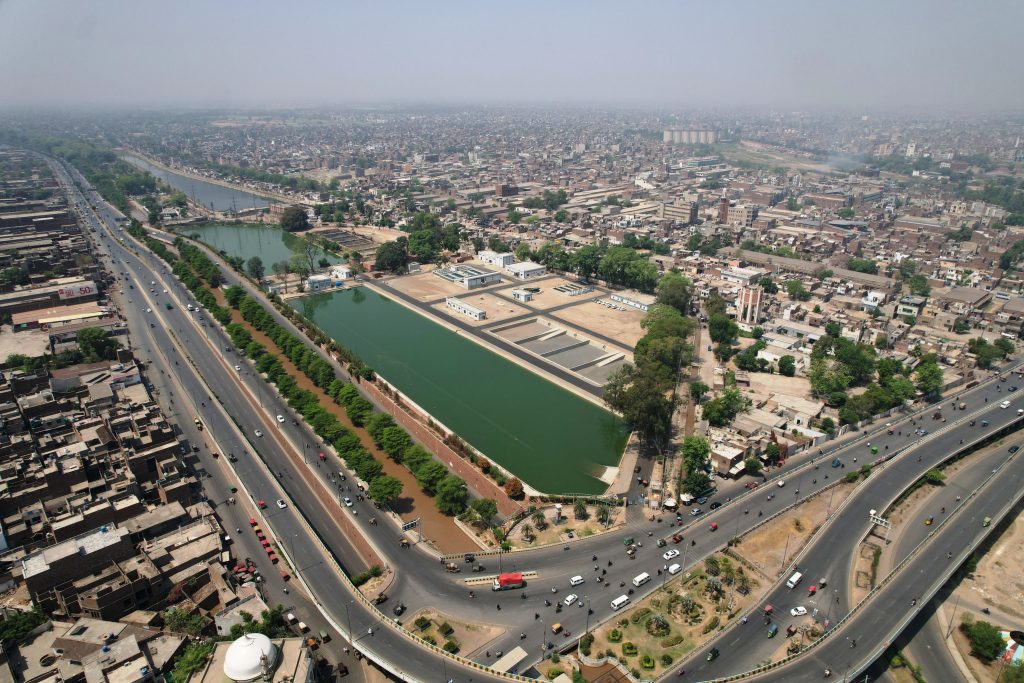
Climate and Urban Resilience Context
Faisalabad, Pakistan’s third-largest city and a key industrial hub, is increasingly vulnerable to the effects of climate change, including drought, erratic rainfall, and groundwater depletion. With growing water stress driven by rising temperatures and population density, the timely completion of this project is seen as a critical step in building urban climate resilience.
According to Naoaki Miyata, JICA Pakistan’s Chief Representative, “Japan will continue supporting Pakistan’s efforts in achieving safe and sustainable water supply systems. This grant aid, along with our ongoing technical assistance, is part of a broader effort to promote environmental sustainability and community health.”
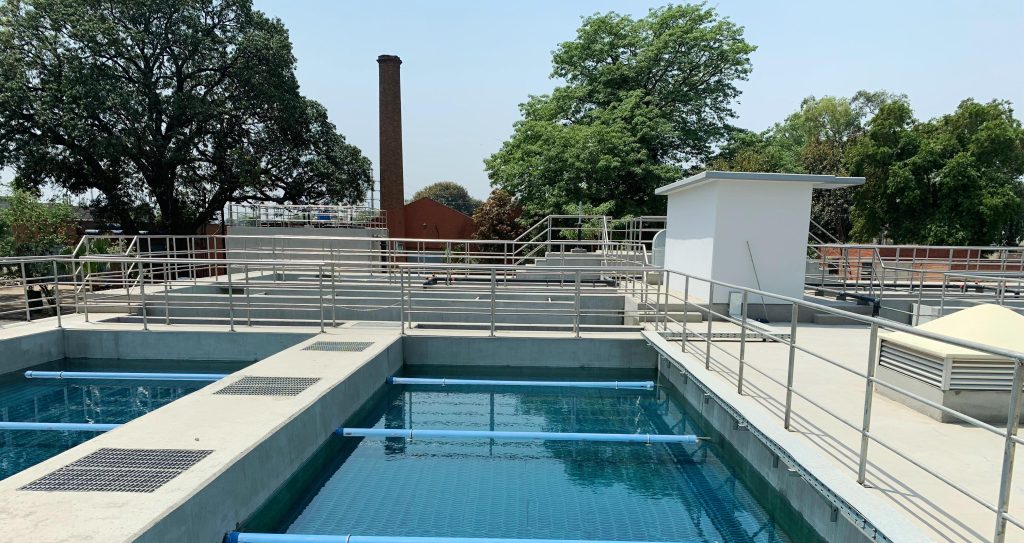
Reviving History with Modern Technology
Representing WASA Managing Director Aamir Aziz, Deputy MD (Engineering) Saqib Raza emphasized that the project has successfully restored 19th-century water tanks using modern Japanese technology. “This initiative not only revitalizes aging infrastructure but also ensures the delivery of clean water directly to households, reducing waterborne disease risks and boosting public health,” he stated.
Engineer Ali Ahmad, Project Director, noted that the long-standing collaboration between JICA and WASA, spanning more than two decades, has entered a new phase. “With this project, WASA’s supply capacity has substantially increased, and we are confident in expanding these benefits to other urban centers facing similar challenges.”
He further added that the hands-on involvement of Japanese engineers provided local teams with valuable exposure and learning, which will continue to benefit future projects.
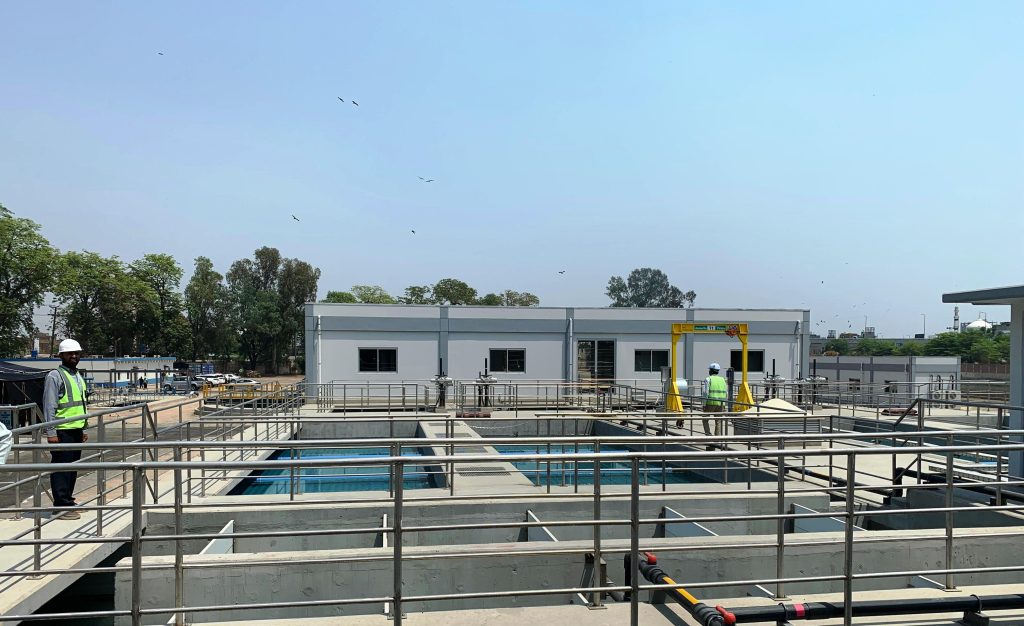
A Model for Climate Adaptation
This development is a textbook example of climate adaptation through international cooperation, integrating modern technology with long-term urban planning. As Pakistan continues to face water scarcity due to climate change, collaborative projects like this serve as a blueprint for building resilient, inclusive, and sustainable cities.

